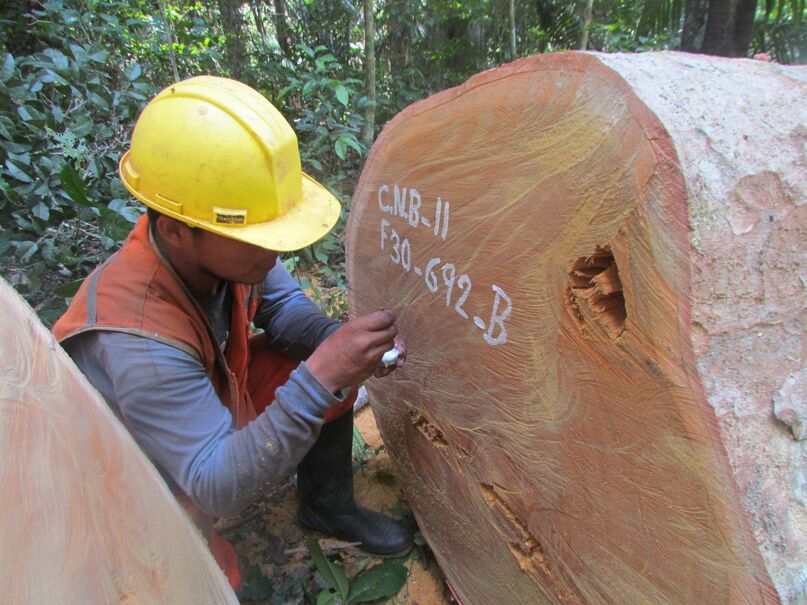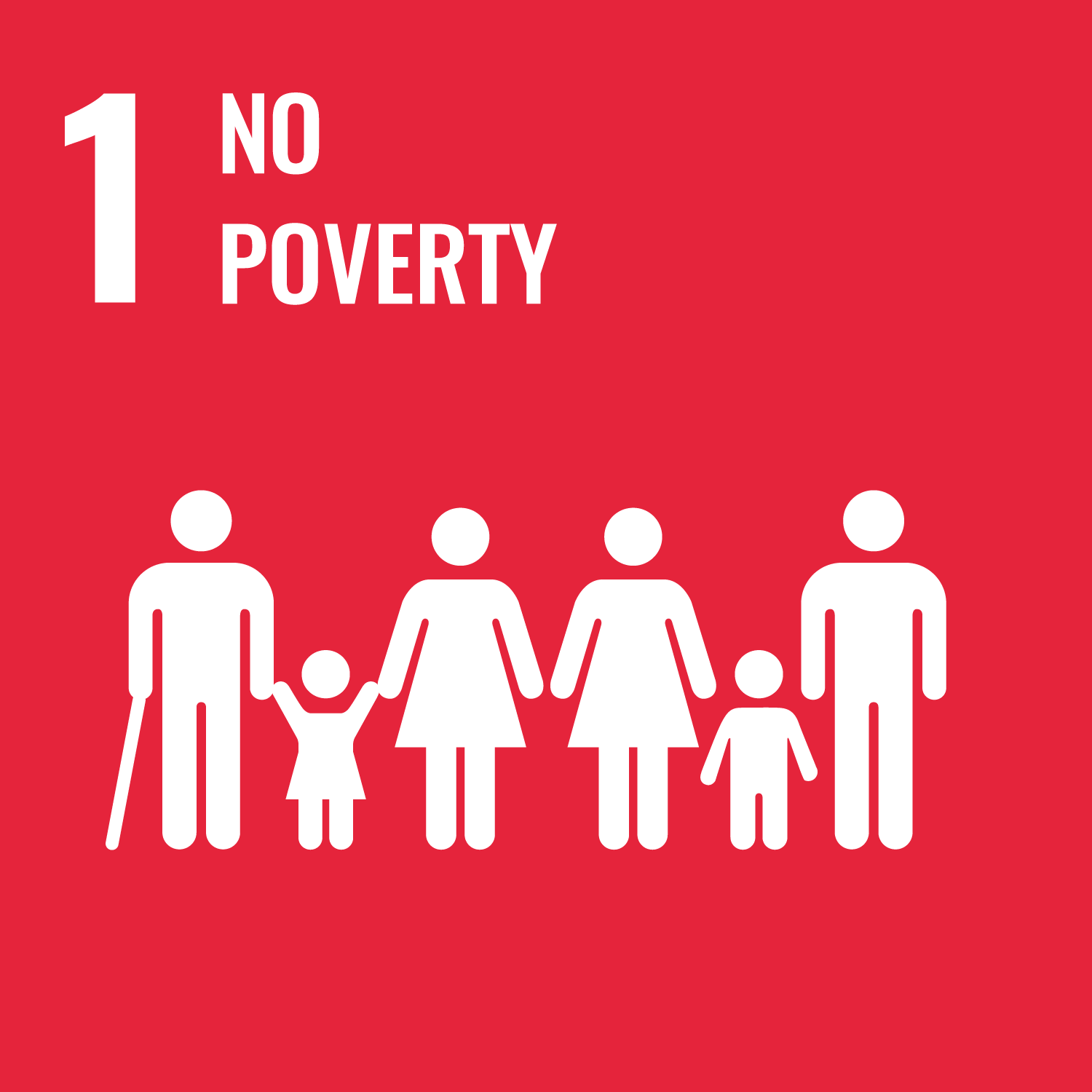Peru’s private sector proposes forest-sector reforms
9 June 2022

Coding a cumaru log in Madre de Dios, Peru. Photo: Camara Nacional Forestal
Yokohama, Japan, 9 June 2022: Peru’s Forestry Chamber has released a new publication, developed with ITTO support, that takes stock of recent developments in the country’s legal framework and makes proposals to modernize the forest sector and increase its capacity to meet current and future challenges.
The publication is an outcome of a series of thematic discussions in 2019–2021, with the participation of various stakeholders, aimed at improving the country’s forest management. The outputs of the discussions were circulated to around 900 experts and was the topic of more than 7000 social-media interactions.
According to the publication, Peru’s forest sector contributes less than 1% to the country’s gross domestic product, and continued deforestation and forest degradation threaten the provision of forest ecosystem services. Commercial forest plantations are mostly fragmented and amount to no more than 50 000 hectares.
The publication proposes a new national forest policy framework capable of ensuring the provision of ecosystem services, increasing forest production and promoting a thriving forest industry based on forest plantations. The publication recognizes the need for multisectoral approaches to halt deforestation and the advancement of the agricultural frontier, particularly involving the forest, agriculture, mining and transport infrastructure sectors. Other proposed measures include prioritizing forest landscape restoration, combating informality and illegal logging, incentivizing investment in commercial plantations, improving forest education and establishing a coherent administrative structure.
The publication calls for new measures to address the causes of deforestation and forest degradation, including by extending technical and financial assistance to smallholders and Indigenous Peoples. It also recognizes the role of civil society in developing effective policies towards shared forestry objectives.
ITTO supported the process to produce the publication as part of an activity in its Biennial Work Programme aimed at building capacity among private-sector actors in producer countries.
Download the publication (Available in Spanish with executive summary in English)




